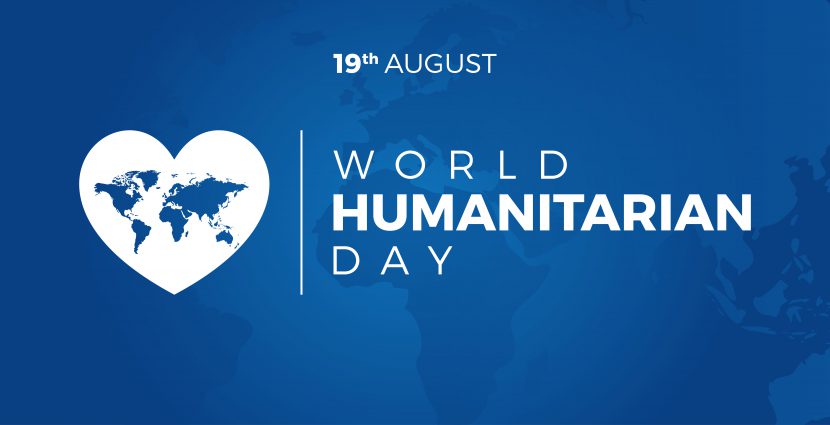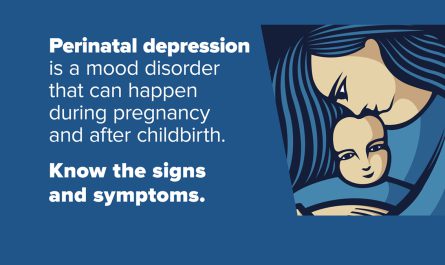World Humanitarian Day
August 19th is internationally recognised as World Humanitarian Day, a time to celebrate the selfless work of people who help those in need around the world during times of crisis. This important day recognises the contributions and sacrifices made by humanitarian workers, commends them for their unwavering dedication to easing suffering, and highlights how vital it is to care for the emotional and psychological well-being of people who are dealing with crises, conflicts, and natural disasters. Humanitarian workers play a major role in delivering this vital treatment. Mental health support is important in assisting people to cope with trauma, loss, and distress during trying times. It serves as a moving reminder of how crucial empathy, compassion, and unity are to creating a more compassionate and fair society.
The terrible death of 22 relief workers who perished in a bombing at the United Nations offices in Baghdad, Iraq, on August 19, 2003 is remembered on World Humanitarian Day. This solemn event draws attention to the risks and difficulties experienced by humanitarian workers, who frequently work in areas affected by natural catastrophes and armed conflict.
Crises can have a significant psychological impact on people and communities, whether they are brought on by armed wars, natural disasters, or public health emergencies. As they deal with sudden disruptions in their life and the loss of loved ones, houses, and jobs, people may feel dread, worry, grief, and uncertainty. A wide range of mental health conditions, such as post-traumatic stress disorder (PTSD), depression, anxiety disorders, and adjustment disorders, can be brought on by the trauma and stress brought on by these occurrences.Humanitarian workers, including doctors, nurses, volunteers, and aid organizations, dedicate their skills, time, and resources to respond to the needs of the most vulnerable populations.
On this day, people are urged to share tales of the heroic people and groups battling through disasters to spread awareness of their essential contributions. Around the world, social media campaigns, events, and fundraising efforts are held to draw attention to the urgent need for humanitarian aid and to the incredible resiliency of those affected by disasters.
Psychological First Aid (PFA) is one of the main mental health interventions utilized by humanitarian workers. PFA is an evidence-based strategy that offers people instant emotional support in the wake of a tragedy. It tries to create coping strategies, provide safety and stability, and lessen suffering.
PFA includes being actively receptive, offering useful assistance, expressing empathy and affirmation, and encouraging a sense of connection and community. It is an essential tool for aid professionals to use to assist people regaining control and starting the healing process after adversity. Beyond providing immediate crisis assistance, humanitarian workers often put an emphasis on establishing community support for mental health and resilience-building. They interact with local communities, educating leaders and individuals of the community about stress management and basic mental health support. This strategy encourages communities to support one another’s emotional wellbeing and makes it possible to respond to mental health issues in a more long-lasting and locally-driven manner.
World Humanitarian Day encourages people, governments, and organizations all across the world to band together in unity. It is an appeal for people to take action in favor of humanitarian causes and to speak out for the rights and safety of those who operate in the field.Let’s promote greater understanding of and assistance for mental health in times of distress as we observe this day. By recognising the value of mental health assistance in humanitarian operations, we build a stronger basis for a more sympathetic and understanding response to the needs of those impacted by crises around the world. Together, we can bring about a world where emotional healing is an essential part of the path to recovery and resilience and where mental health is a basic component of humanitarian help.




